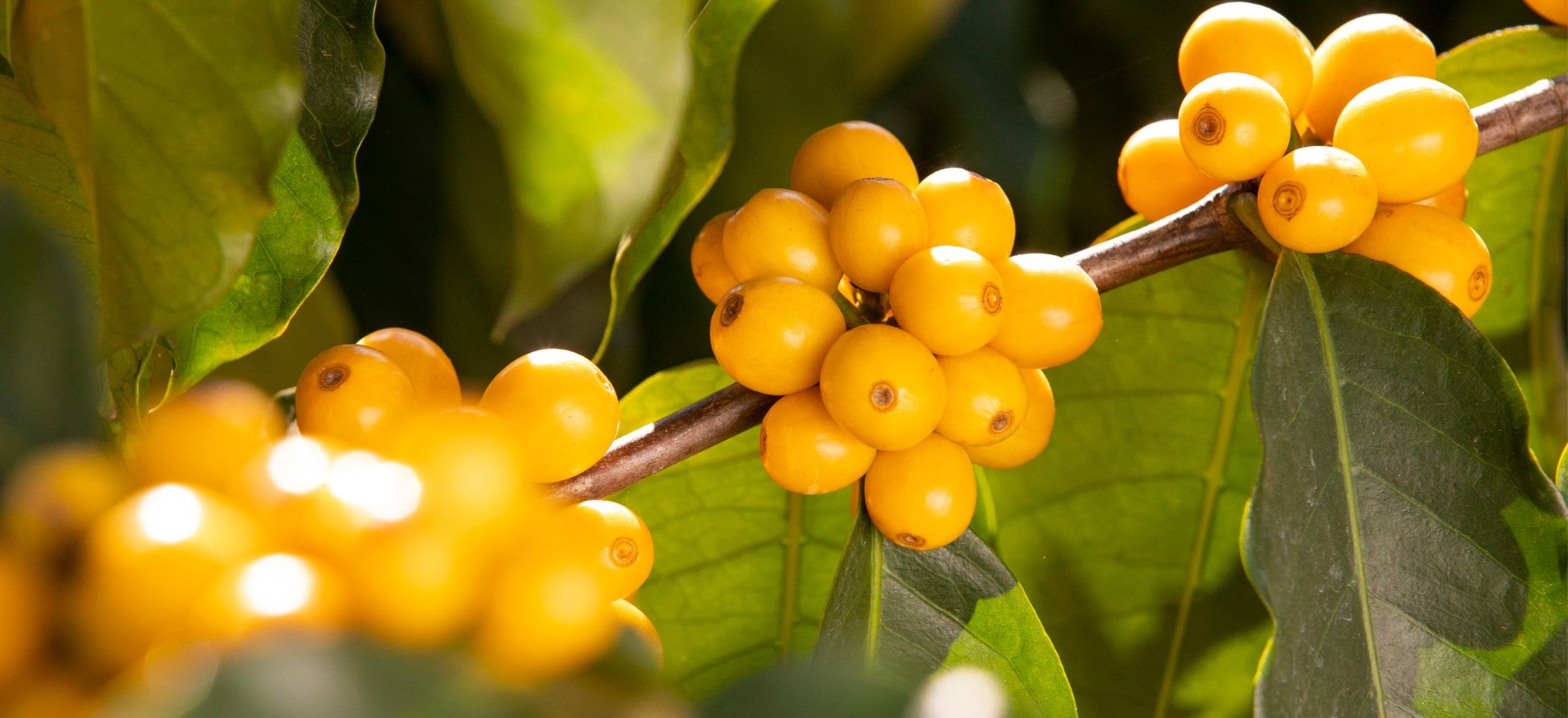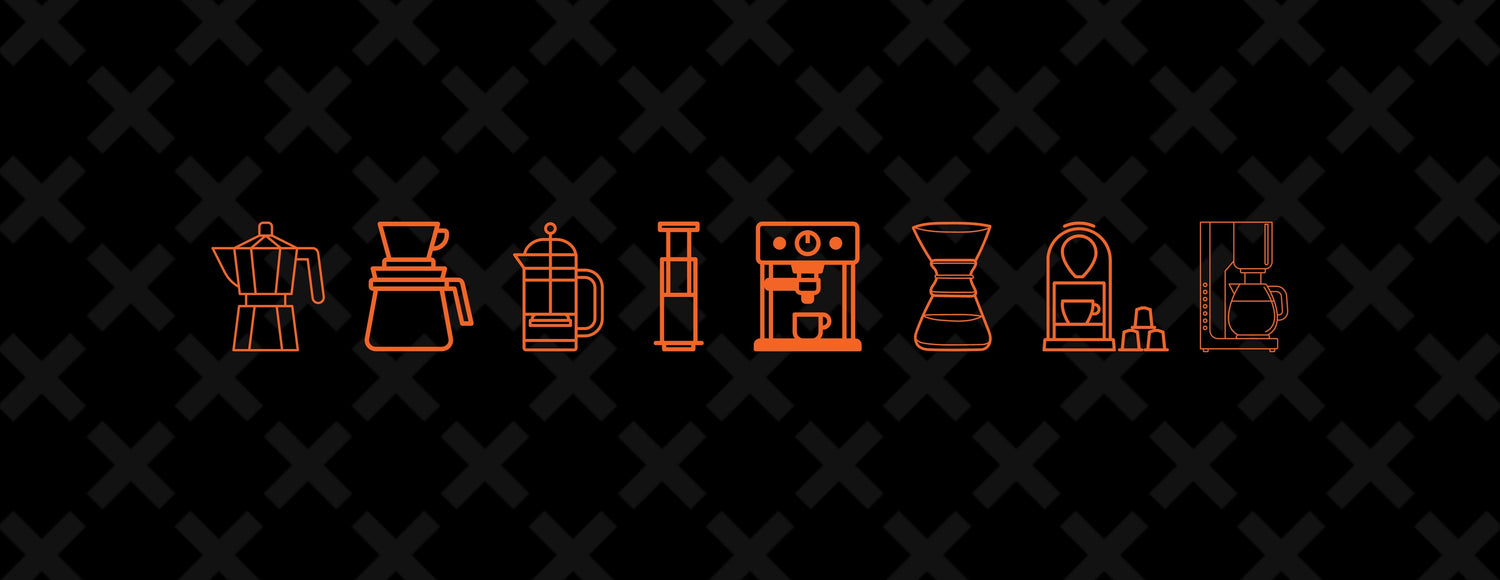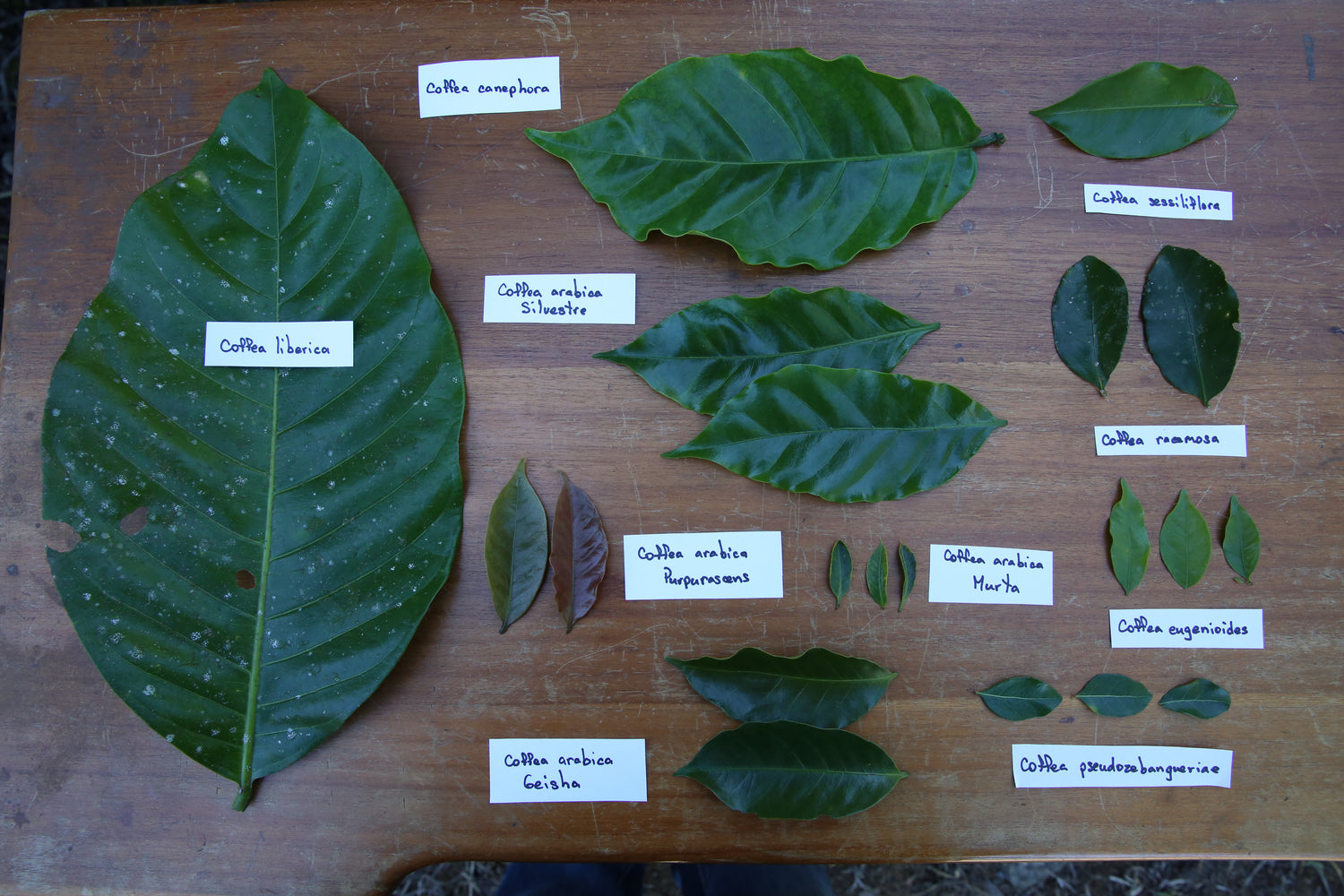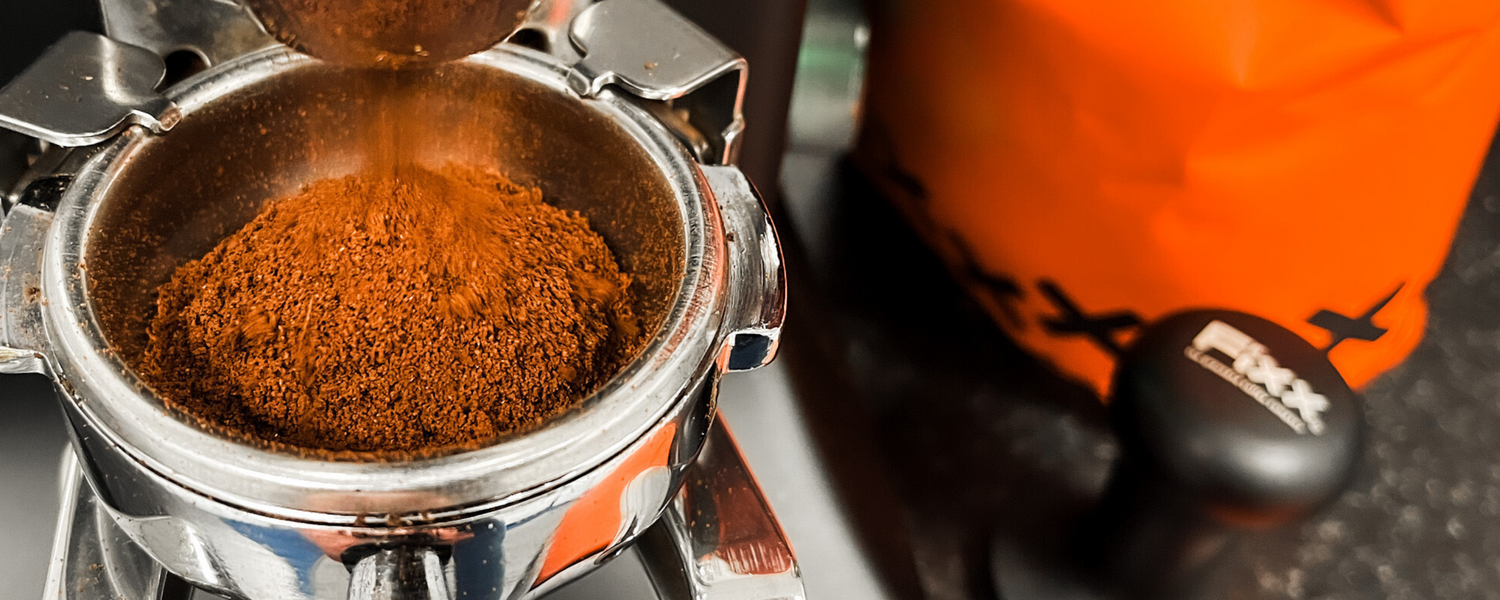Bourbon
What is Bourbon Coffee?
Bourbon coffee is one of the oldest known species of Arabica. Alongside Typica, Bourbon is considered one of the world's most culturally and genetically important varieties of arabica coffee. Bourbon coffee is known for its complex and full-bodied flavour profile, with bright acidity and prominent sweetness. It can be found in various origins and altitudes, each offering its own distinct characteristics.
Bourbon coffee plants have smaller stature and elongated leaves compared to some other Arabica varieties. Their cherries have small, rounded beans and come in red, yellow, or orange variations, each giving the coffee a unique flavour. Of all the Arabica varieties, Bourbon is undoubtedly one of the most popular among roasters and consumers. And in case you're wondering, no, it has nothing to do with American whiskey.
Where Does Bourbon Coffee Originate From?
Bourbon is a mutation of the oldest known Arabica variety, Typica. This species evolved from the first native Ethiopian coffee plants taken north to Yeman, where coffee would be cultivated for the first time. From here, it spread outward globally.
It was in Yeman that French traders acquired coffee plants with the hope of introducing them to Bourbon Island (now La Réunion) in the Indian Ocean. They attempted this three times in 1708, 1715 and 1718, with the plants initially struggling to take hold. Only a few plants from the second attempt were successful. Eventually, coffee did flourish there, and in their isolation, the Bourbon Variety was born. The difference was slight but significant. It produced 20%-30% more fruit than Typica strains.
It wasn't until the mid-19th century before it began to leave the island, firstly to the African east coast, then to the Caribbean. From here, it travelled to Brazil, quickly gaining popularity due to its higher-yielding harvest. It then rapidly spread north into other parts of South and Central America, where it is still cultivated today.
What Are the Different Types of Bourbon Coffee Cultivars?
Bourbon has played a significant role in developing other coffee varieties through natural mutations and selective breeding. Some well-known varieties that have Bourbon as a parent or ancestor include:
- Caturra: Caturra is a mutation of Bourbon that was discovered in Brazil. It is a natural dwarf variety with a shorter plant stature, making it easier to manage and harvest.
- Mundo Novo: This variety resulted from a natural cross between the Bourbon and Typica varieties in Brazil. It inherits some of the positive qualities of its parent varieties, and its potential to produce high yields of coffee cherries makes it appealing to growers.
- Catuai: Catuai is a hybrid between Mundo Novo and Caturra. Catuai's compact growth habit suits dense plantings and mechanical harvesting.
- Pacas: Pacas was discovered in El Salvador in the early 20th century and is a natural mutation of the Bourbon variety. Pacas coffee plants are known for their compact growth habit and are prized for their unique flavour profile.
- Pacamara: Pacamara is a hybrid coffee variety that resulted from crossing Pacas with Maragogipe (a Typica mutation). Pacamara beans are larger, and the variety is known for its unique flavour profile.
Bourbon's genetic influence has contributed to the developing of unique coffee cultivars with various characteristics. These variations showcase the diversity that can arise within the Arabica species through natural mutations and selective breeding.
What Are the Ideal Growing Conditions for Bourbon Coffee?
Like all coffee, Bourbon thrives in specific growing conditions, contributing to its flavour development and overall health. Here are the ideal growing conditions for Bourbon:
- Altitude: Bourbon grows best at higher elevations, typically between 600 to 1,800masl (meters above sea level). Altitude affects temperature, humidity, and sunlight exposure, which all influence bean development and flavour complexity.
- Climate: Bourbon coffee prefers a temperate climate with distinct wet and dry seasons. It thrives in regions with stable temperatures and moderate rainfall, around 150 to 250cm (60 to 100 inches) annually. Consistent rainfall during the growing season helps the cherries develop correctly.
- Temperature: The ideal temperature range for Bourbon coffee is between 15 to 24°C (60 to 70°F). Moderate temperatures allow for slower cherry maturation, contributing to better flavour development.
- Soil: Well-draining and fertile soils are essential for Bourbon coffee. Volcanic soils are often favoured due to their mineral-rich composition. Adequate drainage prevents waterlogging and root diseases.
- Shade: Bourbon benefits from partial shade provided by larger trees or shade-grown practices. Shade helps maintain soil moisture, protects coffee plants from direct sunlight, and encourages slower cherry ripening.
- Protection from Wind: Bourbon coffee plants can be sensitive to strong winds, damaging the trees and cherries. Windbreaks or natural barriers help protect the coffee plants from wind stress.
- Disease Resistance: Bourbon coffee plants are known for susceptibility to diseases like coffee leaf rust. It is crucial to choose disease-resistant variants or employ appropriate disease management practices.
It's important to note that while these conditions are considered ideal, Bourbon coffee is also grown in various environments with varying degrees of success. The interaction of these factors contributes to the unique flavours and characteristics that Bourbon coffee is known for.
How Does Bourbon Coffee Compare to Other Coffee Varieties?
Bourbon coffee is renowned for its unique flavour and rich historical background. Let's compare it to other popular coffee varieties:
Bourbon vs. Typica:
Bourbon is a mutation of the Typica variety. While both share certain flavour traits, Bourbon coffee usually has a more unique and complex flavour profile with notes of sweetness, fruitiness, and often chocolate.
Bourbon vs. Arabica Varieties:
Bourbon is a sub-variety of Arabica coffee (Coffea arabica), which is the broader species that encompasses various coffee types. Every variant can bring a different, unique flavour profile to the table. And these can be determined by how the coffee was grown and processed.
Bourbon vs. Robusta:
Bourbon is an Arabica variety, while Robusta (Coffea canephora) is a different coffee species. Arabica beans, including Bourbon, generally have milder flavours, higher acidity, and more nuanced profiles compared to the often more robust and bitter flavours of Robusta beans.
Bourbon vs. Catuai:
Catuai is a hybrid variety that results from crossing Mundo Novo with Caturra (both with Bourbon lineage). While Bourbon is known for its balance of flavours, Catuai often emphasizes body and sweetness, making it distinct in taste.
It's worth noting that while Bourbon is known for specific flavour characteristics, variations can occur due to factors like the particular variants, growing conditions, altitude, processing, and roasting. Trying different Bourbons from various regions can offer a diverse range of tastes that highlight the versatility and uniqueness of this coffee.
Compared to other coffee varieties, Bourbon's allure lies in its balanced and diverse flavour profile, smooth body, and adaptability to different growing conditions. Its historical significance, role in coffee breeding, and contribution to the coffee industry's flavour diversity make Bourbon a highly respected and sought-after coffee variety.
Do Any FiXX Blends Use Bourbon?
Yes. Our award-winning FiXX Lisbon is a natural processed coffee from Brazil using the Yellow Bourbon variety.





